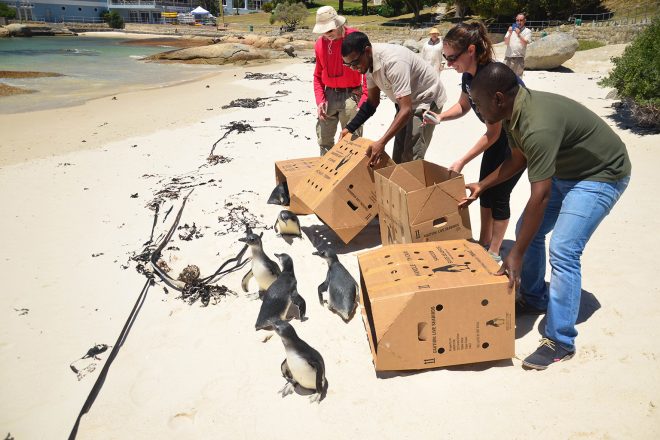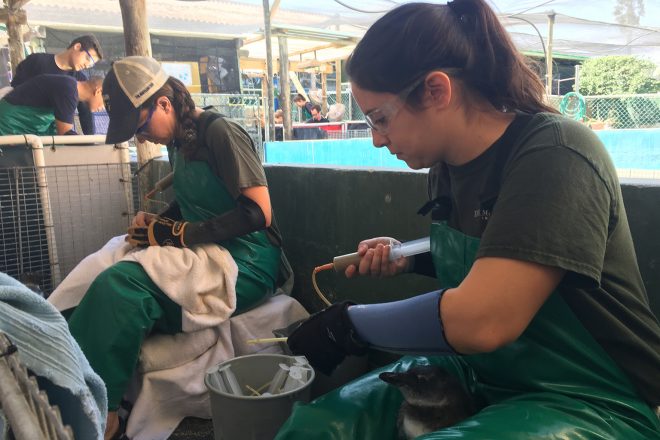Tackling Multiple Threats to Endangered African Penguins
The Maryland Zoo cares for the largest colony of African penguins in North America. Over more than four decades, the Zoo has established one of the most successful breeding programs in the world for this species. In this time the Zoo has also been a leader in developing protocols to guide African penguin care. 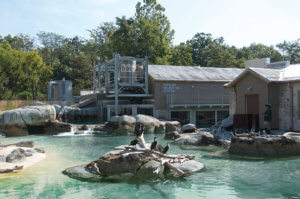
Although the Zoo maintains a thriving colony, African penguins are endangered in their native range. African penguin populations have plummeted to less than 1% of their size a century ago due to habitat degradation, oil spills, heavy shipping traffic, and seismic activity from offshore oil and gas prospecting. Currently, the biggest threat to African penguins is difficulty in finding food. Some of this is due to climate changes shifting the currents in which the penguins’ prey travel. But the largest part of this problem is competition for fish with another species–humans. As humans take more of the fish that African penguins rely on, each bird has to travel farther to find the food it needs–and each one has to expend extra energy to do so. This cycle affects the health and survival of individual penguins and often leads them to abandon their chicks.
The Zoo’s expertise in caring for African penguins here in Baltimore can be a valuable tool for protecting penguin populations in southern Africa. From sending staff to Southern Africa to help rehabilitate oiled birds and hand-rear abandoned chicks for release, to empowering our visitors to take action, the Zoo is working to tackle multiple threats that African penguins face.
African Penguin SAFE
The Maryland Zoo also supports the protection of African penguins in their native range as a leader in the African Penguin SAFE (“Saving Animals From Extinction”) program. SAFE programs focus the collective expertise within AZA-accredited zoos and aquariums to amplify their conservation impact. African penguin SAFE works to restore African penguin populations and their habitats through fieldwork, education, and raising funds for conservation projects.
SANCCOB
The Zoo also has a longstanding partnership with the Southern African Foundation for the Conservation of Coastal Birds (SANCCOB), a renowned seabird rescue and rehabilitation facility in South Africa.
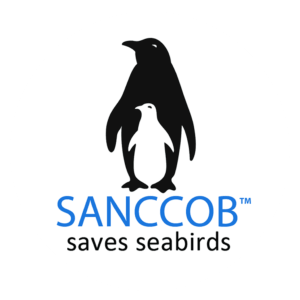 One of the most impactful projects involves rescuing penguin chicks abandoned by their parents due to a lack of available food. This Chick Bolstering Project raises chicks at SANCCOB’s facility until they are strong and large enough to fend for themselves. At that point, the birds are released, which has been shown to have a high success rate. The Maryland Zoo sends staff members to South Africa to provide hands-on help to our partners in caring for these birds at the facility, helping more abandoned chicks to survive and increasing the wild population.
One of the most impactful projects involves rescuing penguin chicks abandoned by their parents due to a lack of available food. This Chick Bolstering Project raises chicks at SANCCOB’s facility until they are strong and large enough to fend for themselves. At that point, the birds are released, which has been shown to have a high success rate. The Maryland Zoo sends staff members to South Africa to provide hands-on help to our partners in caring for these birds at the facility, helping more abandoned chicks to survive and increasing the wild population.
NAMCOB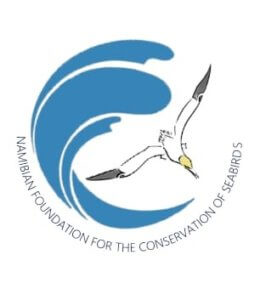
African penguins are native to the coasts of South Africa and Namibia, yet the majority of conservation attention has focused on South African populations. Staff from the Maryland Zoo have been working to change this. Building on his expertise as coordinator of the AZA SAFE African Penguin Disaster Preparedness, Response, and Rehabilitation Program, Jess Phillips of the Maryland Zoo has played a key role in developing a not-for-profit organization in Namibia modeled on SANCCOB. Phillips has traveled multiple times to South Africa and Namibia to take part in the planning for NAMCOB: the Namibian Foundation for the Conservation of Seabirds. The Maryland Zoo is a founding member of this new non-governmental organization, along with SANCCOB, the Debmarine-Namdeb Foundation, Namibian Chamber of Environment, Namibia Nature Foundation, and the Namibia-based African Penguin Conservation Project.
NAMCOB is now putting in place the facilities, equipment, staff, and training that are needed to protect colonies of African penguins in Namibia. Phillips was able to secure a Conservation Grant Fund award through the Association of Zoos and Aquariums to support the hiring of a seabird ranger. Staff will eventually include a project manager and several rangers who will monitor the penguin colonies while living alongside them. More than two dozen Namibian first responders have already been trained at SANCCOB, and wildlife emergency response equipment has been purchased and stored. While the challenges for African penguin conservation are great, the development of NAMCOB demonstrates the importance of collaboration and perseverance in addressing complex threats.
Let Your Choice Be Your Voice
Request sustainable seafood.
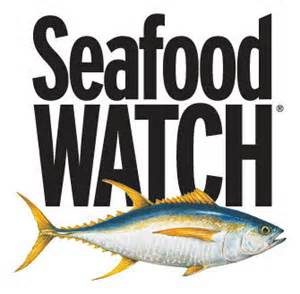 The challenge for African penguins in finding food is caused by unsustainable fishing practices of humans. Unsustainable methods used by individual fishers and by large fishing corporations are destructive to habitats or they remove fish faster than those populations can reproduce. Fortunately, not all seafood is caught in these ways. Some fishers use more responsible methods. Supporting fishers and companies who are using responsible, sustainable methods will drive demand for sustainably sourced seafood and help ensure a food supply for humans and for African penguins into the future.
The challenge for African penguins in finding food is caused by unsustainable fishing practices of humans. Unsustainable methods used by individual fishers and by large fishing corporations are destructive to habitats or they remove fish faster than those populations can reproduce. Fortunately, not all seafood is caught in these ways. Some fishers use more responsible methods. Supporting fishers and companies who are using responsible, sustainable methods will drive demand for sustainably sourced seafood and help ensure a food supply for humans and for African penguins into the future.
You can help at your grocery store or favorite restaurant by seeking sustainable options.
- Ask about the source of the seafood being sold or served and how it was fished. Even if they do not know the answers at the moment, you have started the conversation. Helping to spread the word is an important part of the solution!
- Choose the most sustainable seafood option available to you. Although this information might not be readily available on packaging or on a menu, you can assess your choices through Seafood Watch. Seafood Watch.org provides information on the types of seafood that have been harvested or farmed responsibly and those that have not. On the site, you can enter a seafood of interest, and learn whether this is a good choice or whether another option might be more sustainable.

